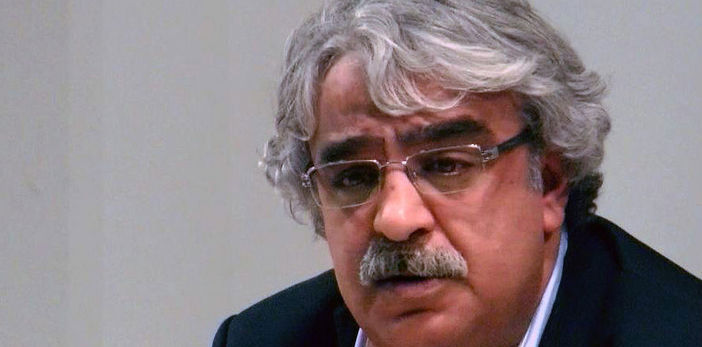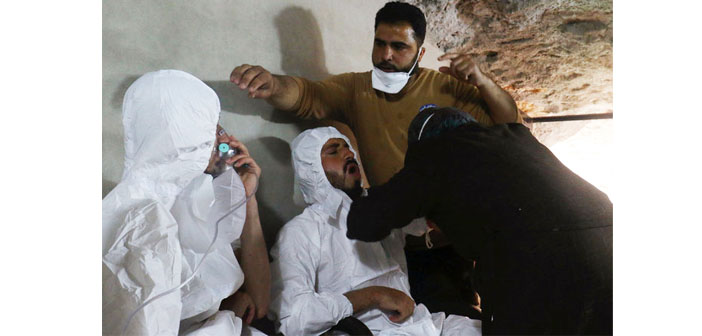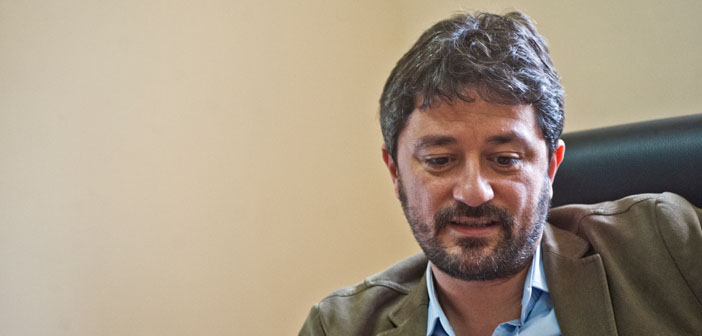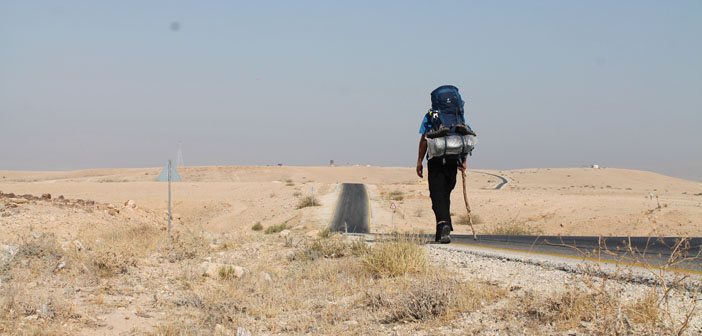The victory YPG and Burkan al-Furat won in the Tell Abyad region of Syria has become a topic of broad debate both because of the refuge influx into Turkey, and the heavy defeat suffered by ISIS. We talked with HDP Mardin MP Mithat Sancar, who follows developments in the region closely, about the importance of saving Tell Abyad from ISIS, and the accusations directed at YPG.
What is the importance of taking Tell Abyad from ISIS for the Kurdish movement?
For the Kurdish movement, Rojava is not merely a word, and the movement does not only claim the land there. The movement has a political goal in the region, and also aims to establish a model. Since 2012, this has been the region where an alternative model of administration to the clashes in the Middle East has been tested, and a lot of progress has been made. A significant administrative model not only suitable for the rest of Syria, but also for the solution of the Kurdish Question in Turkey has been shaped. Saving the region and uniting the two areas was very important in terms of consolidating this claim made for this new model administration. The most important obstacle in uniting Rojava was, especially for the last year, the ISIS attacks, which posed a serious threat. There is also the issue of disunity, which is the heritage of the Baas regime. Rojava appeared as a number of regions broken off from each other as a result of demographic engineering. There were two large areas that separated Kobani from Afrin and Jazira and disrupted the geographical unity of Rojava. One was Jarabulus, and the other was Tell Abyad. Tell Abyad is the much more important one, since it broke off Kobani’s connection with the other cantons. Now that Tell Abyad has been recovered from ISIS, a great step has been taken towards geographical unity.
Did the YPG fight this war alone?
YPG allied with Burkan al-Furat in the war for Tell Abyad. This is a very important factor in view of the demographic structure of Tell Abyad. This war was won in an alliance with Sunni Arab organizations. However, some want to present this as a war between Kurds and Arabs. Besides, YPG already has elements from Arab tribes in its forces. So the alliance with Burkan al-Furat reinforced this display of togetherness. This front formed against ISIS has saved Tell Abyad from ISIS, and aims to establish a model where the peoples can take part in the administration together. In this sense, a pluralist, egalitarian and libertarian model of organization has politically defeated the monistic, sectarian and repressive model of ISIS, which has carried out endless acts of savagery, and also the AKP government and President Erdoğan, which took sides with ISIS in its foreign policy.
What would you like to say about allegations that the YPG is carrying out ethnic cleansing in Tell Abyad?
I have come across no information that can verify such claims in the sources I follow. I have seen no serious news source that states that the YPG is forcing the Arabic population to migrate. However, the YPG has made one statement to the effect that, especially during times of intense clashes, civilians were transferred to other regions so that they do not suffer harm. Other than that, I do not regard it as a possibility for the YPG and PYD to carry out ethnic cleansing. The worldview and administrative practices of these organizations, and also the practice and experience in Rojava have shown us the exact opposite. I believe that they will develop a relationship with the Arab population there in which they will also contribute their share in a self-government model. I do not think that methods such as forced migration or demographic engineering, which do not comply with a democratic mentality, have any place in this process.
Could the defeat of ISIS in Tell Abyad be the beginning of the organization’s decline in the Middle East?
ISIS’s defeat began at Kobani. YPG stopping ISIS in Kobani with the support of the international coalition was in fact the beginning of the organization’s retreat. Precisely at the moment when it was on the ascent, when it was perceived as an invincible force, the heavy defeat that they suffered stifled the organization’s progress. In this sense, Tell Abyad is a continuation of Kobani. Therefore, a new period in the Middle East had already been initiated at Kobani. It would be much too soon to say that the victory in Tell Abyad against ISIS spells the end of ISIS. In my opinion, the cards in the Middle East may be dealt anew a few more times regarding Syria. It is also a fact that, although many did not want to include the Kurdish people and the reality of Kurdistan in their calculations until the victory in Kobani, the issue has now gained a much clearer weight that is impossible to ignore. This also reveals that the Kurdistan reality is not merely an ethnic and geographical issue, but based on the essence of the people administering themselves on the basis of the freedom of peoples and faiths. In the Middle East, there is always the possibility that one has spoken too early, nevertheless, both June 7 and Tell Abyad display that the concept of a new life in the Middle East is becoming increasingly stronger.





